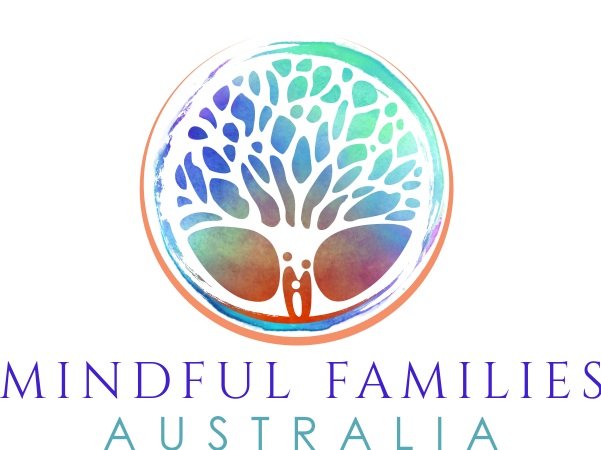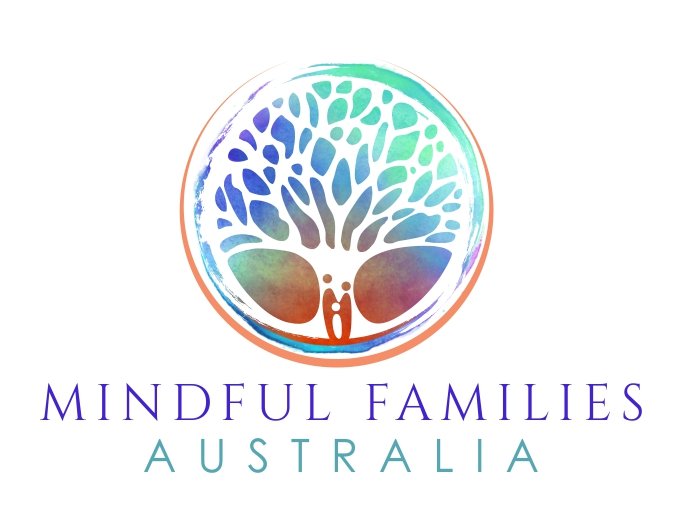Embracing Neurodiversity: How to Be a Neurodivergent Affirming Family
At Mindful Families Australia we are known for our Neurodivergent Affirming Approach to supporting families, whether it be through our comprehensive assessments, our individual support or our systemic family work. But what is Neurodiversity? And what does it mean to be Neurodivergent Affirming?
This blog will outline will give you an understanding of Neurodiversity as well as some ideas about how you can work towards being a Neurodivergent Affirming Family. So let’s dive right in!
What is Neurodiversity?
Neurodiversity is a term that refers to the natural variation of human brains and neurological traits. Just as all people on this beautiful planet vary on the outside in terms of external attributes like hair, skin, eyes, height, etc. so too do we vary on the inside - including how our brain is structured and functions. This means that every person's brain works differently, and this is absolutely essential for us as a species. It's important to recognize and appreciate this diversity, especially within families.
Being a neurodivergent affirming family means creating a safe and supportive environment that accepts and embraces this diversity. Here are some ways to become a neurodivergent affirming family.
Education is key
The first step towards becoming a neurodivergent-affirming family is educating yourself about the different types of neurodivergent conditions. These conditions include but are not limited to autism, ADHD, dyslexia, anxiety, and depression. I often joke with clients that even being left-handed may technically be considered a neurodivergent condition, given that it is a neurological difference seen in only about 10% of the population. Learning about the unique strengths, challenges, and perspectives that neurodivergent individuals bring to the table can help you understand and appreciate their differences.
Education means not only learning about the different types of neurodivergent conditions but, if neurodiversity is suspected in one or more family members, obtaining a thorough assessment by suitably qualified professionals to correctly identify neurodiversity is important.
A proper assessment is critical to understanding and supporting neurodivergent individuals. This assessment is conducted by healthcare professionals including psychologists, occupational therapists, general practitioners and psychiatrists or paediatricians. They will typically evaluate a range of factors such as behaviour, development, social interactions, and communication skills to determine whether an individual meets the diagnostic criteria for a neurodivergent condition.
Getting an accurate diagnosis is crucial as it can provide insight into a person's unique strengths and challenges, and inform the type of support and interventions that would be most helpful for them. A misdiagnosis or failure to diagnose can lead to a lack of appropriate support, so it is important to seek out qualified professionals who specialise in neurodivergent assessments.
It is also important to note that diagnosis is not the end-all-be-all when it comes to neurodiversity. Some individuals may not meet the diagnostic criteria for a specific condition, yet still experience challenges or differences in how their brain works.
Promote self-acceptance and self-advocacy
Another important aspect of being a neurodivergent affirming family is promoting self-acceptance and self-advocacy. Encourage your family members to accept and appreciate their differences and to advocate for themselves by expressing their needs, preferences, and boundaries. Avoid using negative language or stigmatizing neurodivergent conditions. I have found that identifying well-known successful neurodivergent people, for instance, Elon Mask who is autistic, and Michael Phelps who has ADHD can be normalising and helpful in regards to acceptance.
There are also many books that have been written in recent years to help individuals accept neurodiversity such as Different Not Less by Cloe Hayden, NeuroTribes by Steve Silberman and the ADHD Advantage by Dale Archer which all help individuals understand neurodiversity from a strengths-based perspective.
Provide accommodations and support
Whilst it is important to identify the strengths that come with different types of neurodiversity, it is also very important to acknowledge that neurodivergent individuals face particular challenges. This could be difficulties with mental health such as anxiety and depression, struggles with learning or executive functioning difficulties and social challenges. Creating an environment that accommodates neurodivergent needs is crucial. This may include physical modifications to the home, providing sensory support, or creating routines and schedules. Offering support and resources such as therapy, counselling, or specialized education can help family members thrive.
Foster open communication and active listening
As detailed in my last blog post regarding Nurturing Conscious Connections, open communication is key to creating a safe and supportive environment for all family members. Encourage your family members to express their thoughts, feelings, and experiences in a non-judgmental atmosphere. Practising active listening by giving your full attention, validating their emotions, and avoiding interrupting or dismissing their perspectives is also important.
Connect with and advocate for neurodivergent communities
Connecting with other neurodivergent individuals, families, or organizations for support and community can be very beneficial. Joining online or in-person support groups, attending events or workshops related to neurodiversity, and seeking guidance from neurodivergent individuals themselves can help you become more informed and better equipped to support your neurodivergent family members. For instance on the Gold Coast, in QLD Australia there is an amazing community organisation called Distractd which connects neurodivergent individuals and provides education and advocacy through regular events.
Connecting with communities and advocating for neurodiversity acceptance beyond your family by promoting inclusion, acceptance, and understanding in your community is such a powerful act and one that truly demonstrates to your family members how much they mean to you. This kind of advocacy can challenge misconceptions and myths about neurodivergent conditions and advocate for policies and practices that promote neurodiversity acceptance and inclusion.
Being a neurodivergent-affirming family means creating a safe and supportive environment that celebrates diversity, promotes self-acceptance and self-advocacy, and provides accommodations and support for neurodivergent needs. By fostering open communication, celebrating neurodivergent strengths and achievements, promoting neurodiversity acceptance in the community, and seeking support and guidance from neurodivergent communities, you can help create a culture of inclusivity, respect, and appreciation for neurodiversity within your family and beyond.
With Warmth and Goodwill,
Stephen Souter
Psychologist


